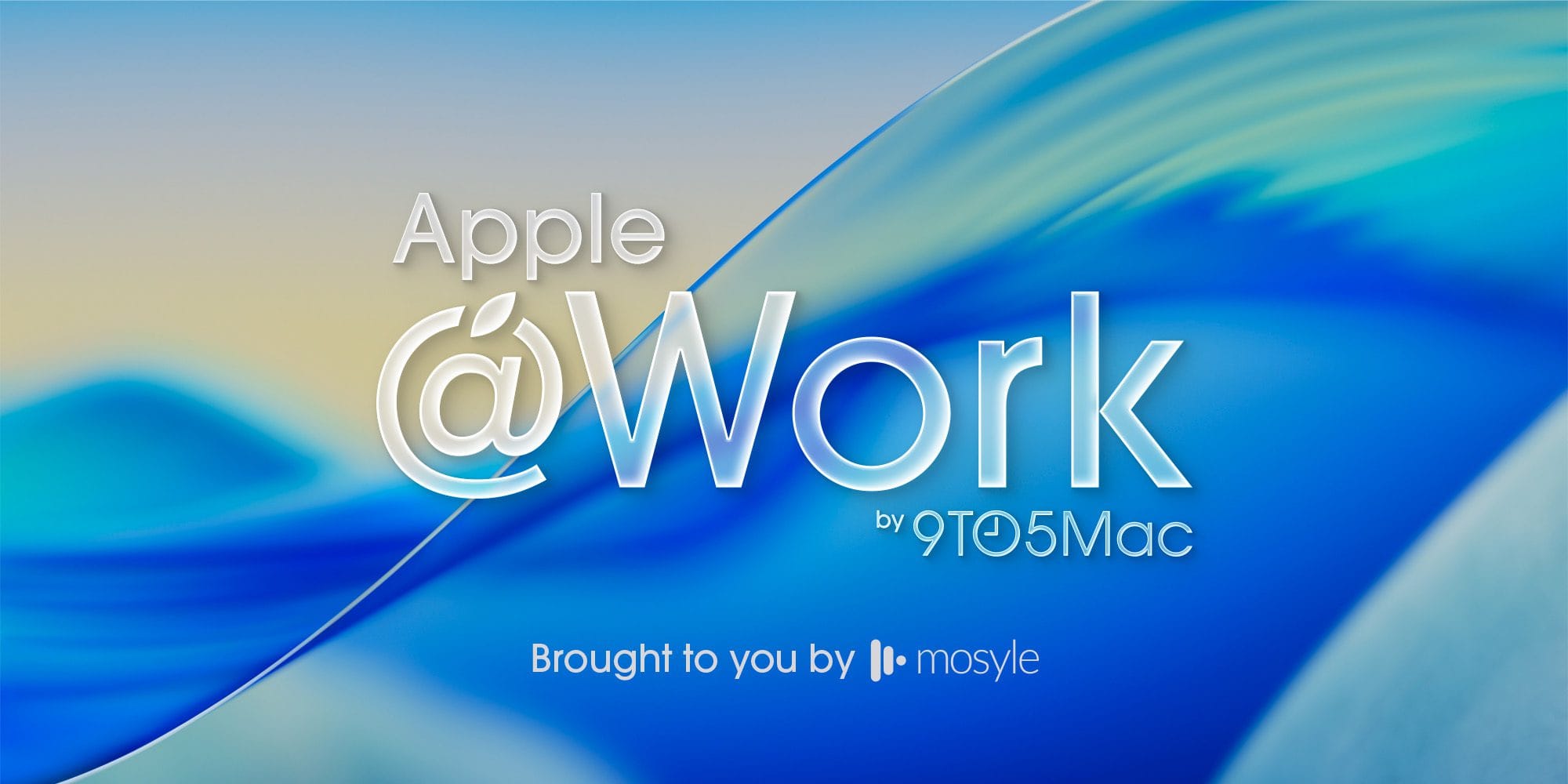
Sources say meta s chaotic culture and — Meta is reportedly facing significant challenges in retaining its artificial intelligence talent amidst allegations of a chaotic work culture and unclear strategic vision, which the company has strongly denied..
Sources Say Meta S Chaotic Culture And
Meta is reportedly facing significant challenges in retaining its artificial intelligence talent amidst allegations of a chaotic work culture and unclear strategic vision, which the company has strongly denied.
Meta’s Challenges in AI Talent Retention
Meta, the parent company of popular platforms such as Facebook, Instagram, and WhatsApp, has been struggling to maintain its artificial intelligence (AI) talent. Insiders have painted a picture of an internal environment fraught with chaos and a perceived absence of strategic direction. This situation raises concerns about Meta’s competitive edge in the rapidly evolving AI space, especially against formidable rivals like Google and Microsoft.
Allegations of a Chaotic Work Environment
Reports from within the company suggest that a disorganized work culture is adversely affecting employee satisfaction and productivity. Employees describe a chaotic atmosphere that complicates effective collaboration among teams. This disarray has reportedly resulted in frustration, prompting many skilled AI professionals to seek employment opportunities elsewhere, thereby contributing to what some insiders are calling a “brain drain.”
The chaotic environment at Meta is characterized by:
- Unclear roles and responsibilities
- Shifting priorities that disrupt project continuity
- A lack of coherent communication from leadership
These factors have led employees to express concerns about their ability to innovate and make meaningful contributions to projects. The dissatisfaction stemming from this atmosphere has resulted in increased turnover, particularly among those in specialized AI roles, who often have lucrative opportunities available to them in the job market.
Perception of Lack of Vision
Alongside the chaotic work culture, there is a growing sense of uncertainty among employees regarding Meta’s leadership and its vision for the future of AI. The absence of a clear and cohesive strategy has left many feeling insecure about their roles and future career prospects within the organization. In an industry where rapid advancements are the norm, the lack of a well-defined AI strategy is particularly concerning.
As competitors ramp up their investments in AI and roll out cutting-edge technologies, the pressure is mounting on Meta to establish a clear roadmap. Employees have voiced their frustrations over the ambiguity surrounding the company’s AI initiatives, leading some to question whether they want to continue their careers at Meta.
Meta’s Response
In response to these allegations, Meta has issued a strong denial regarding claims of talent retention issues and employee dissatisfaction. The company asserts that it continues to attract and retain top talent in the AI field, emphasizing its commitment to fostering a positive work environment.
Meta representatives have highlighted various initiatives aimed at enhancing employee engagement and satisfaction. These initiatives include:
- Mentorship programs
- Professional development opportunities
- Efforts to improve communication within teams
However, the effectiveness of these measures remains to be seen, especially as competition for AI talent intensifies. The tech industry is witnessing a talent war, and companies that fail to create a supportive environment may find it increasingly difficult to retain skilled professionals.
Impact on AI Development
The reported challenges at Meta could have far-reaching implications for the company’s ongoing AI projects. In a tech landscape that is becoming increasingly competitive, the ability to innovate and develop advanced AI technologies is crucial for maintaining relevance. If Meta fails to stabilize its workforce and create a conducive environment for its AI teams, it risks falling behind rivals who are actively investing in talent and resources.
The ramifications of a talent drain could extend beyond immediate project delays; they may also affect Meta’s long-term strategic positioning in the AI landscape. A weakened talent pool could hinder the company’s ability to develop new products and services, ultimately impacting its market share and reputation.
Industry Comparisons
As Meta grapples with these internal challenges, the perception of its struggles may influence its reputation within the tech community. Competitors such as Google and Microsoft have made substantial investments in AI, yielding impressive results that bolster their standing as industry leaders.
For instance, Google has made significant strides in natural language processing and machine learning, while Microsoft has successfully integrated AI technologies into its suite of products, enhancing user experience and functionality. These companies have successfully attracted and retained top talent, enabling them to advance their AI capabilities rapidly.
Meta’s ability to compete with these industry leaders will depend on how effectively it can address its internal challenges. If it cannot create an environment that fosters innovation and attracts talent, it risks losing ground in a rapidly evolving field.
Conclusion
As Meta navigates these challenges, it remains to be seen how the company will respond to the concerns raised by insiders and competitors alike. The tech industry is watching closely to see if Meta can turn the tide and reaffirm its status as a key player in the AI landscape.
The stakes are high for Meta, as the company’s future in AI will likely depend on its ability to create a stable, innovative work environment that attracts and retains top talent. The competition is fierce, and the implications of failing to address these internal issues could be profound, not only for Meta but for the broader tech ecosystem as well.
Source: Original reporting
Further reading: related insights.
Was this helpful?
Last Modified: August 18, 2025 at 2:10 pm
0 views















